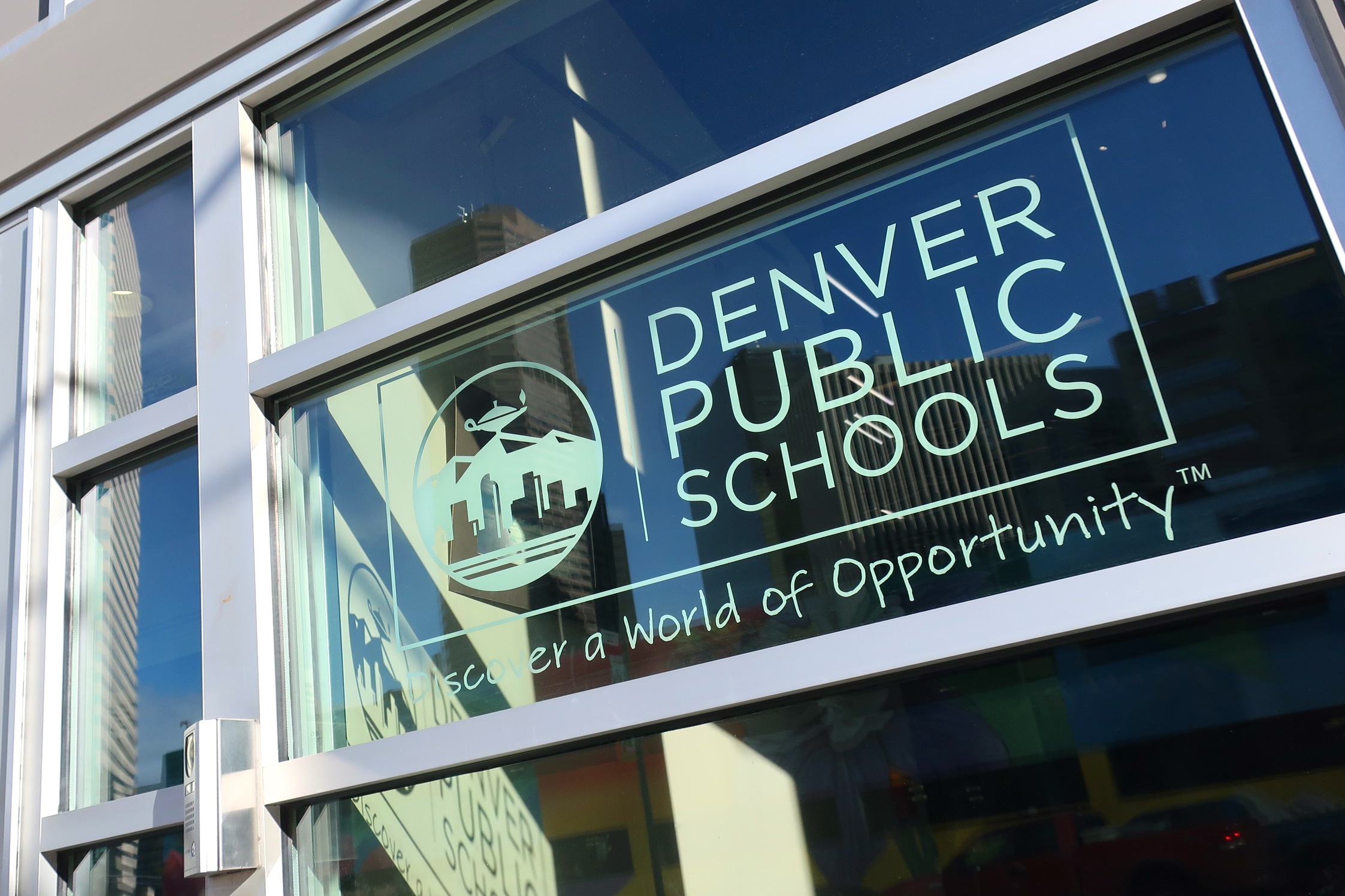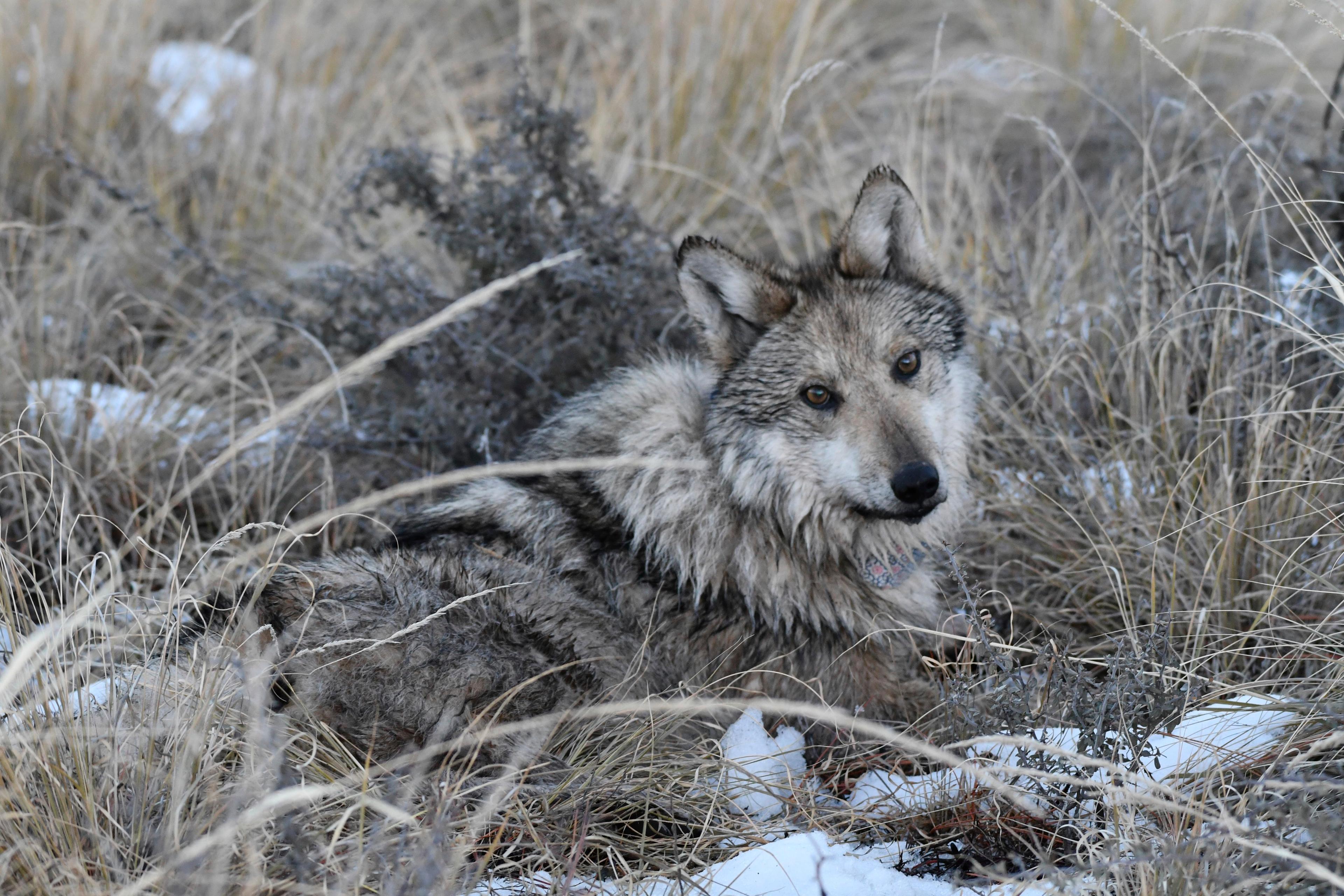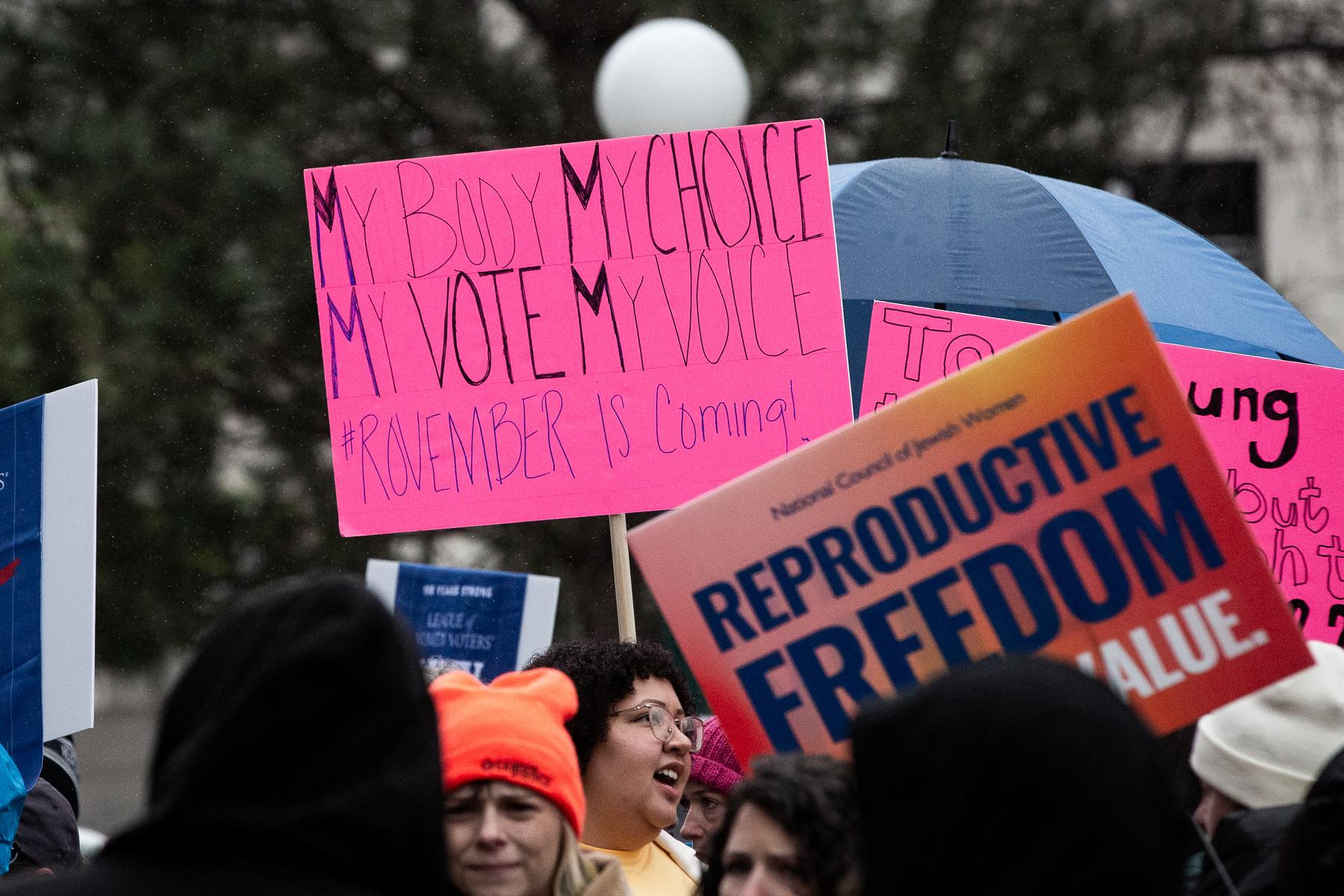Aurora is by far the most ethnically diverse city in Colorado and last month’s attack at a movie theater has left many of the city’s immigrants and refugees confused and afraid; they aren't sure what's really going on. Enter the Aurora Mental Health Center which has long worked with local police to develop closer ties with these communities, and now finds that that effort is paying off during this difficult time.
[The following is a transcript of Megan Verlee's report]
Find all of CPR's coverage of the Aurora Theater Shooting here.
Reporter Megan Verlee: On a recent evening, immigrants and refugees speaking seven different languages filled a meeting room at the Aurora Mental Health Center. With plates of vegetarian samosas on their laps and translation headphones on their ears, they listened to city councilwoman Melissa Miller try to describe the tragedy occurring in their city.
Melissa Miller (City Councilwoman): "I want to preface what I’m telling you that, this is a very random act that occurred. This is not something that is a normal happen to happen in any community across the country."
Reporter: This is probably the first chance some people in the room have had to get reliable news of the shooting. For those unable to read English-language papers or understand American TV, the information has trickled down through overseas websites and crawled through the grapevine of gossip. December Paw came to translate the meeting into Kareni for people from Burma.
December Paw (translator): "Oh, that is a the horrible event. Everyone say it is scary."
Reporter: Like many who fled Burma, Paw spent her childhood hiding in the jungle, running from the sound of bombs as rebels fought the government. Hearing that suspected shooter James Holmes allegedly filled his apartment with explosives brought back those painful memories.
Paw: "My neighbors, they say, 'where is that apartment? Is that close to us?'So they very, very scared of where is that? Is that close to us?"
Reporter: The buildings around Holmes’ apartment are indeed filled with newcomers: Latin American immigrants and refugees from across the world. Mara Kailin is a psychiatrist with the Mental Health Center. She says living in a new culture is scary enough, without events like this.
Mara Kailin (Psychiatrist): "A lot of people who were born elsewhere think of America as quite a dangerous place, and so when something like this happens, it can reinforce people’s fears about being in this new country."
Reporter: The Mental Health Center was working to address some of the se fears well before the shooting. It’s part of a long-running effort to make newcomers feel at home in Aurora. The center has organized neighborhood watches to help immigrants and refugees have a say in their security and develop relationships between people from different countries. The Aurora Police Department’s been a big part of this effort. Back in June, officers spent an evening introducing newcomers to their procedures.
Officer: "A person that is under the influence cannot usually follow directions and cannot usually go heel-to-toe, they usually lose their balance..." [sound of translation follows]
Reporter: As this group learns what happens during a sobriety stop, other newcomers learn about domestic violence calls and how to get translation help from 911. Watching it all, Aurora Police Chief Daniel Oates says his department is committed to building ties.
Daniel Oates (police chief): "There are so many challenges, just when it comes to delivering basic core police services, if these various and disparate ethnic immigrant groups don’t trust us, we can’t help them."
Reporter: At the time, Oates admitted he didn’t have a clear goal the effort.
Oates: "And who knows how it will pay off tomorrow. We may have a missing kid tomorrow. And if we can’t mobilize that community that child came from, that child will be that much more at risk. So these relationships, who know how the investment will pay off down the road."
Reporter: Not with a missing child investigation, as it turns out, but with the smooth evacuation of people living near the suspect’s apartment building. That’s according to Jenny Pool Radway who spearheads the Aurora Mental Health Center’s community integration effort. A lot of the people evacuated that night were immigrants.
Jenny Pool Radway (Original Aurora Community Integration Collaborative Coordinator): "People weren’t as frightened because they’ve already had interactions, positive interactions, with the police department where then they can say, 'okay there’s a job happening and I don’t know all the details, but I trust what’s happening and I’m not in trouble.'"
Reporter: Pool Radway says ongoing confusion about the shooting highlights the need for better emergency communications with non-English-speaking residents, something officials in Aurora were already working on. For instance, word of the public vigil never reached immigrants communities, leaving many feeling left out. Now they’re planning their own event. At last week’s community meeting, Pool Radway solicited ideas.
Pool Radway: "That sounds lovely. What kind of flowers? What do we do with them?"
Reporter: Pool Radway says it’s a little amazing that people who are often afraid of the authorities actually want to organize an event to thank police.
Pool Radway: "I think it’s important for their process as well of being a part of this community to be able to say, 'this is what we’re doing, because we care as well.'"
Reporter: North Aurora’s many diverse communities will gather to remember the victims, and thank officers who responded to the shooting, on August 18th. As recent arrivals in America, they’re preparing to take on their new country’s sorrows, as well as its opportunities.
[Photo credit: MVerlee/CPR]









